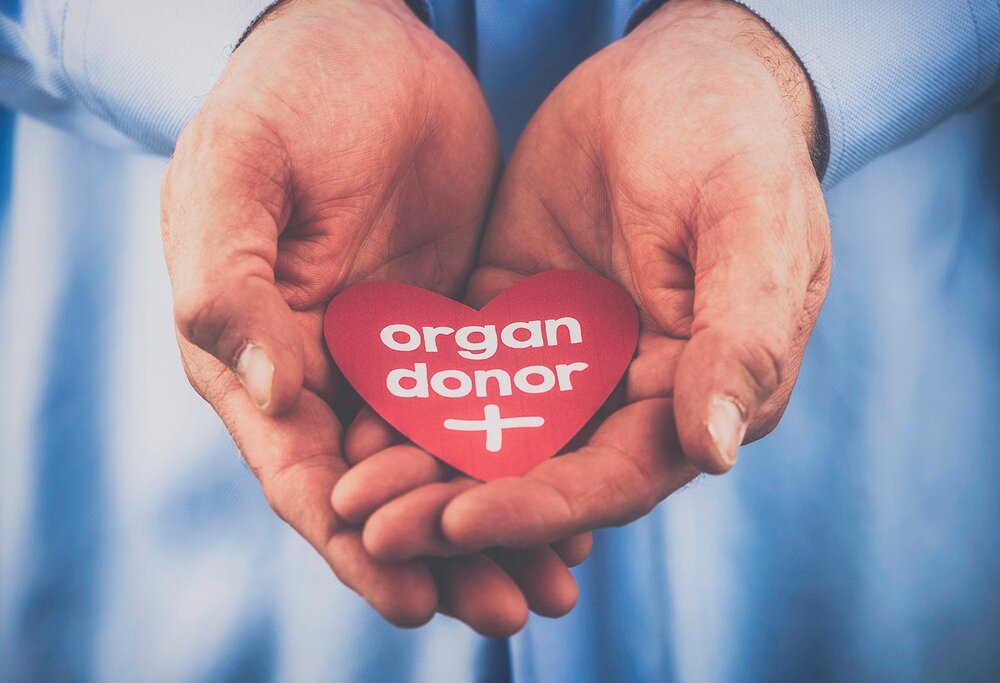In need of organ transplant: 25,000 lives hanging in the balance

TEHRAN —Currently some 25,000 individuals are in need of organ transplantation in the country, Mehdi Shadnoush, head of the Health Ministry's management center for transplantation and special diseases, has said.
The ministry is striving to promote the culture of organ transplant among the public, Mehr Quoted Shadnoush as saying on Friday.
Of the 25,000 who need organ transplant, 8,600 are suffering kidney diseases and in some cases their survival highly depend on receiving an organ, he added.
While last year (March 2017-March 2018) the rate of organ transplant was at its highest in the country only 926 individuals donated their organs while some 4,000 dies of brain death which means only 25 percent of them donated their organ, he lamented.
However, if each brain dead patient on average donate three organs no one will remain on the waiting lists for organ transplant, he suggested.
He went on to highlight that people should become aware of the fact that brain dead patients will never survive and they have only short amount of time to decide whether they want to donate their organs or not.
Transplantation is the optimal treatment for many patients with end-stage organ failure. However, the demand for transplantable organs is not met by the supply of those from live or deceased donors.
According to the figures revealed by International Registry in Organ Donation and Transplantation (IRODaT) Spain leads the world in organ donation.
Based on the data published on IRODaT by the end of 2017 Iran’s per million population of actual deceased organ donors was 11.43. In 1996 Iran’s per million population of actual deceased organ donors was 0.1, which compared to the current per million people in the population (pmp) shows a great increase.
Understanding the meaning of neurological death is also another factor helping families to consent for organ donation.
Neurological death is defined as ‘irreversible loss of capacity for consciousness combined with the irreversible loss of the capacity to breath’. It is a pre-requisite for donation, although to families the body still appears to have life.
Making families of the deceased aware of the fact that they can find a sense of meaning and creating a positive outcome of their tragic loss by organ donation is a must to promote the culture. Families should have a desire to help others and apprehend that the deceased’s legacy will continue to exist through donation.
MQ/MG
